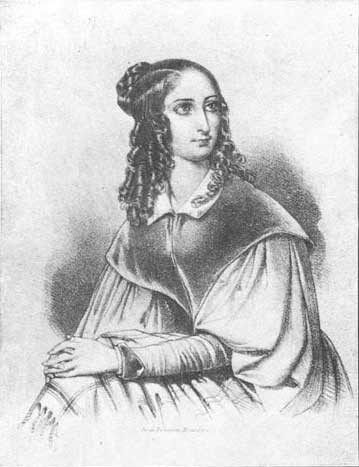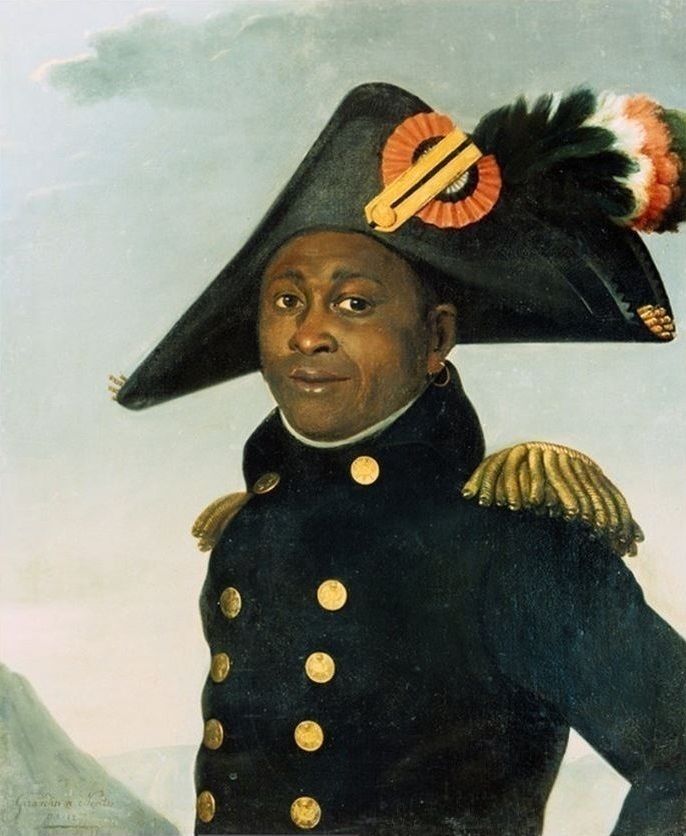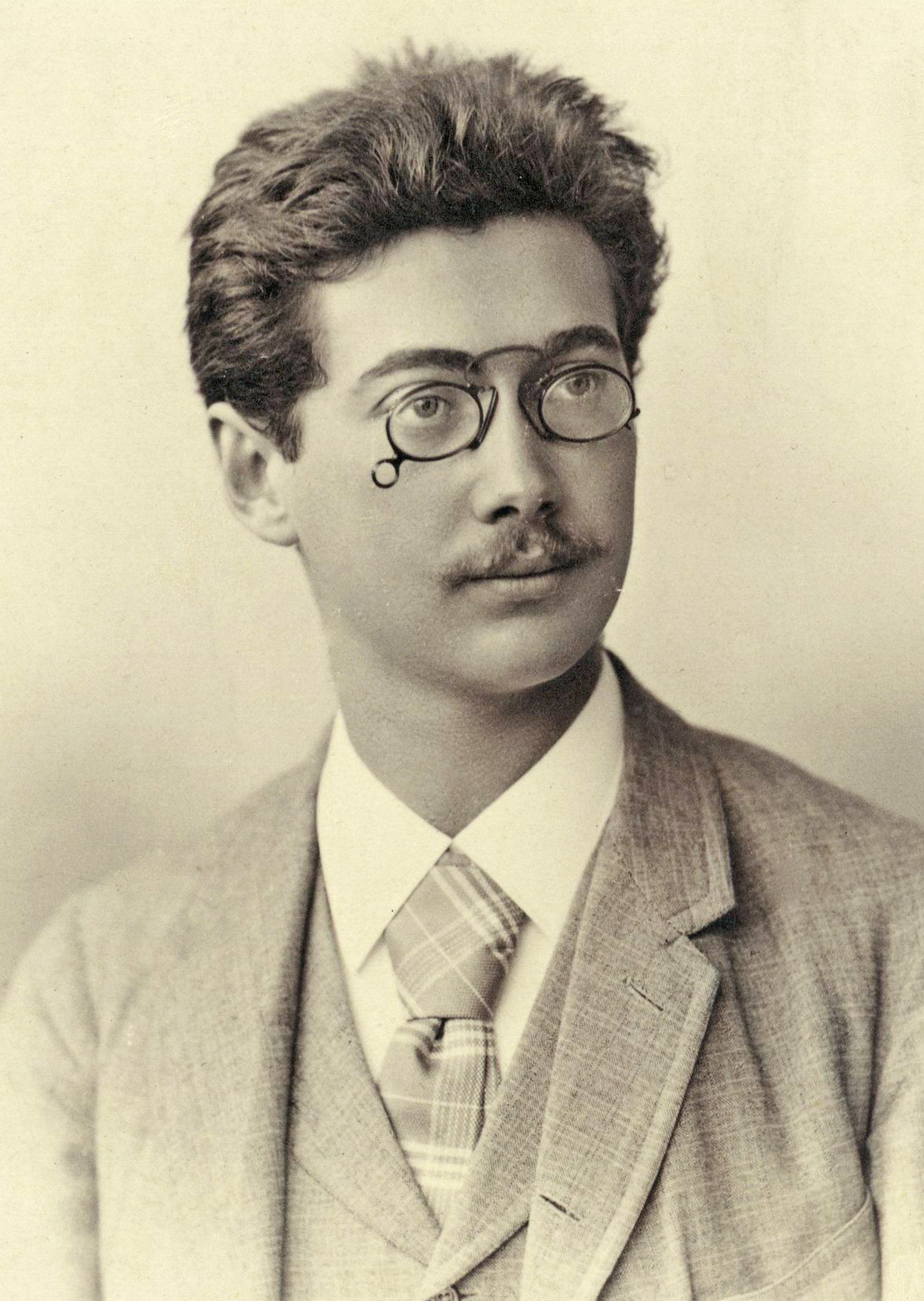Early 1800s
Today In Labor History April 7, 1803: French-Peruvian feminist and writer, Flora Tristan, was born on this day. She was friends with Charles Fourier, another Utopian Socialist of the era. And one of her last writings was The Workers’ Union, a Utopian Socialist tract.
April 7, 1804: Haitian general, Toussaint Louverture, died on this day. He was one of the most prominent members of the Haitian revolution. He transformed a small slave rebellion into a successful revolution. As a result, Haiti became the first black republic in the world. However, in the end he was betrayed and died in prison.
Today In Labor History April 7, 1836: William Godwin died on this day. Godwin was an English philosopher, novelist and journalist. He was also an early proponent of anarchism.
Late 1800s
Today In Labor History April 7, 1870: German-Jewish anarchist and pacifist, Gustav Landauer, was born on this day .
April 7, 1889: Gabriela Mistral, was born on this day. She was a Chilean poet, educator and Nobel Laureate.
1900-1919
April 7, 1906: The Algeciras Conference granted Spain and France colonial control over Morocco.
Today In Labor History April 7, 1915: Jazz legend, Billy Holiday, was born on this day. She was one of the first to sing Abel Meeropol’s, “Strange Fruit.” Soon after her first performance of the song, in 1939, The new Federal Bureau of Narcotics started gunning for her. Harry Anslinger, a racist, prohibition zealot, led the assault. In order to bust her, he hired a black agent, Jimmy Fletcher, to befriend her and sell her drugs. Consequently, Fletcher conducted her first drug bust.
April 7, 1919: Anarchists declared a Workers Republic in Bavaria, against the wishes of Communists in the government. The Socialists sent in troops, massacring over 700.
1930s
Today In Labor History April 7, 1931: Daniel Ellsberg was born on this day. He released the Pentagon Papers in 1971. And they proved that President Johnson lied to Congress, and the public, about U.S. bombings in Southeast Asia.
April 7, 1933: Prohibition ended for beer. Once again, unions could freely organize workers in the bars and workers could drink freely. As Oscar Wilde said, “Work is the curse of the drinking class.”
1940s

Today In Labor History April 7, 1947: The National Federation of Telephone Workers (NFTW) launched the first nationwide strike against AT&T and Bell. 350,000 telephone workers, mostly women, walked off the job. Both the AFL and the CIO supported the strike, hoping to bring the telephone workers into their fold. They provided extra strike funds, which helped the workers survive while they were on strike. Within a month, most members had won new contracts with raises. NFTW became the Communications Workers of America later that year.
April 7, 1947: A National Labor Relations Board lawyer told ILWU workers in Alaska to “Lie down like good little dogs.”
April 7, 1947: Henry Ford died on this day. Most people know he developed the assembly line. However, he was also an anti-Semite, a fascist sympathizer and staunchly anti-union.
1960s-1990s
Today In Labor History April 7, 1964: A bulldozer killed civil rights activist Rev. Bruce M. Klunder at a school desegregation protest in Cleveland. As a result, a riot broke out.
April 7, 1995: Russian troops massacred civilians in Samashki, Chechnya.
2000s
Today In Labor History April 7, 2000: Fifteen thousand janitors went on strike in Los Angeles. Most earned an hourly wage of less than eight dollars per hour.
April 7, 2009: A Peruvian court sentenced former president, Alberto Fujimori, to 25 years in prison. He had ordered the executions and kidnappings of unionists and activists.
April 7, 2020: Folk music legend, John Prine, died of Covid.




Pingback: Today in Labor History April 13 - Marshall Law
Pingback: Today in Labor History May 2 - Marshall Law
Pingback: Today in Labor History May 28 - Marshall Law
Pingback: Today in Labor History August 22 - Marshall Law